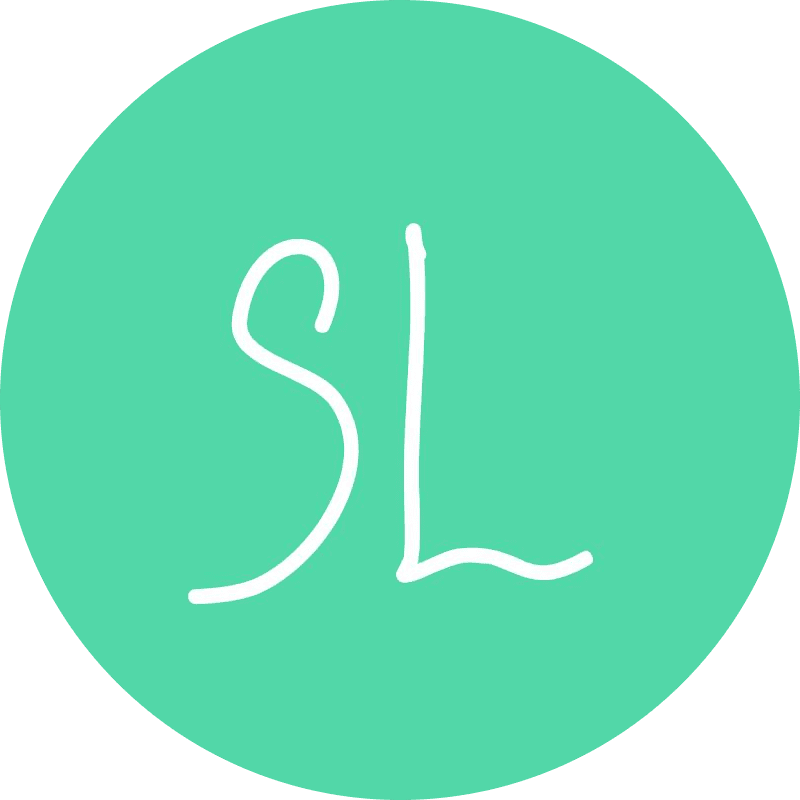Two terms for one language
There is no difference between “Swahili” and “Kiswahili”: these two terms refer to the same language spoken by approximately 100 to 150 million people in several East African countries, notably in Tanzania, Kenya, Uganda, Democratic Republic of Congo, Burundi and Rwanda. The distinction between these terms is based on their origin and usage.
Why “Kiswahili”?
In Africa, the correct word to designate the language is “Kiswahili”. The prefix “Ki-” is used to indicate a language or mode of communication. The word “Swahili” comes from Arabic, meaning “of the coasts”, referring to the coastal regions of East Africa where this language was born.
Why “Swahili”?
The term “Swahili” is the version used in many European languages. For example, in English, we speak of “Swahili language” and in French “la langue Swahili”. Thus, “Kiswahili” is the original designation used by native speakers, while “Swahili” is the internationalized version.
Different “Swahili” or “Kiswahili”?
Although Swahili is a relatively homogeneous language, there are several variants according to regions and cultural influences.
Standard Swahili
Standard Swahili (Kiswahili Sanifu) is the official version taught in schools and used in the media. It is based on the Kiunguja dialect, spoken in Zanzibar and adopted as a reference in Tanzania and other East African countries.
Regional dialects of Swahili
Depending on regions, Swahili varies slightly in terms of accent, vocabulary and cultural influences.
- Zanzibar Swahili (Kiunguja): considered the basis of standard Swahili.
- Kenyan coast Swahili (Kimvita, Kiamu): spoken in Mombasa and Lamu, with strong Arabic influence.
- Inland Swahili (Kingwana in Democratic Republic of Congo, Swahili of Uganda, Rwanda or Burundi): Influenced by local languages and sometimes simplified.
Urban and modern Swahili
In large cities, a hybrid Swahili has developed, influenced by other languages.
- Sheng (Kenya): A mixture of Swahili, English and local languages, mainly used by young people. This dynamic slang constantly evolves and reflects Kenya’s urban cultural trends.
- Familiar Swahili (Kenya): Known locally as “Kiswahili cha bara”, it is distinguished from “Kiswahili cha pwani”. “Pwani” refers to coastal regions, while “Bara” designates the interior lands. This distinction highlights the linguistic differences between Swahili spoken on the coast and that used in other regions of the country. “Kiswahili cha pwani” is closer to standard Swahili, as it is based on coastal dialects like Kiunguja from Zanzibar, which serves as a reference for official Swahili taught and used in the media.
- Swahili influenced by Lingala (Democratic Republic of Congo): adapted to local linguistic realities.
Cultural and historical influences on Swahili
Swahili has integrated numerous linguistic borrowings.
- Arabic influence: vocabulary from trade and historical exchanges.
- European influence: words of English, German or Portuguese origin introduced during colonization.
Which Swahili or Kiswahili to learn?
If you want to learn Swahili, prioritize standard Swahili (Kiswahili Sanifu), understood in all countries where the language is spoken.

Antoine NZANZU
BOOK A COURSE WITH A SWAHILI COACH
Start learning Swahili right now
Join Soma Langues today and begin your linguistic adventure with Swahili. Our courses are designed to offer you a complete and engaging learning experience. Sign up now for a free trial lesson and discover the richness of this African language.


